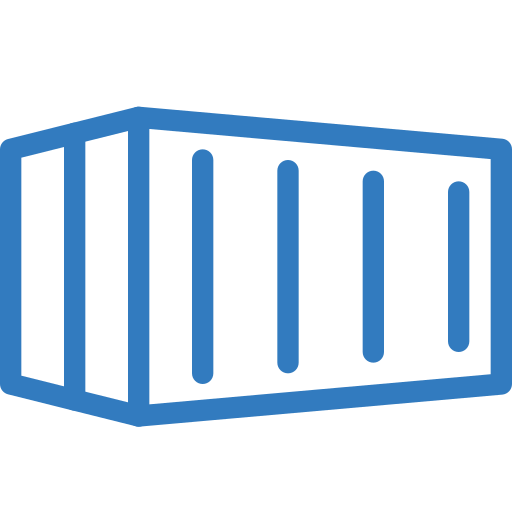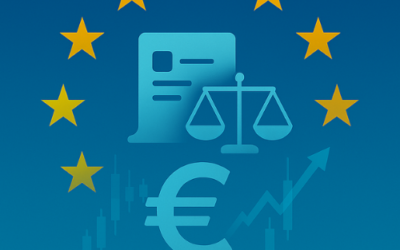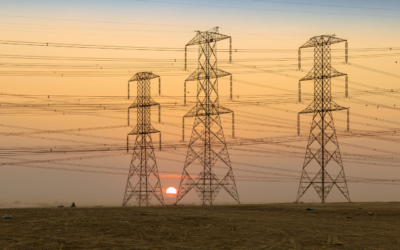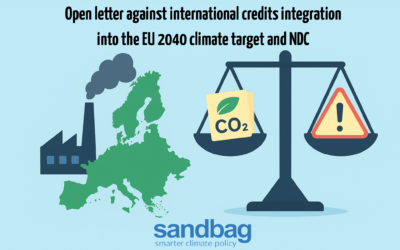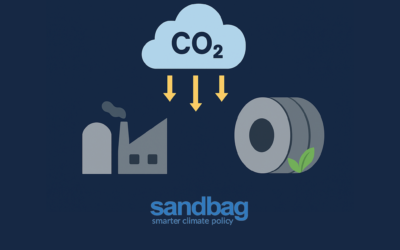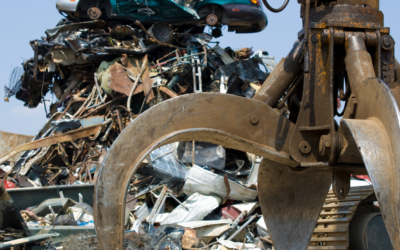We’re a non-profit climate change think tank which uses data analysis to build evidence-based campaigns on climate policy
We focus on EU policies such as the EU Emissions Trading Scheme, carbon border adjustment mechanisms and emissions reductions in industrial sectors. We believe in Europe’s ability to lead climate action by example and use its large market and ability to stimulate technological competition as an incentive for others to follow. But we’re also aware of the risk that Europe might fail to deliver on its own pledges, which is why we want to get EU climate policy right.
Our Work
Carbon Pricing
Our accomplishments on Carbon Pricing
Industry
Our policy recommendations on EU industry
CBAM
Our work on the Carbon Border Adjustment Mechanism
Data Tools
Explore all of our data tools
Financing
Our research on EU funding
Publications
Simulating CDR in the EU ETS: The Risks of Premature Integration
Sandbag has developed an ‘ETS + CDR simulator’ to help visualise and explore the impact that CDR integration could have on the ETS, assess the demand it could create for CDR, and highlight the potential consequences of this demand. This report uses the simulator to explore how different integration pathways could affect emissions reductions, carbon prices, and potentially lead to negative externalities.
The EU ETS at a Crossroads
Sandbag’s latest submission to the EU ETS and Innovation Fund consultation calls for clearer rules on free allocation, stronger criteria for funding innovation, and safeguards against misleading carbon accounting practices.
Getting Electrification Right: The broader challenge of induced emissions
This report examines how the climate impact of electricity use is shaped not just by its source, but also by its timing and location. It evaluates the EU’s RED III framework and associated hydrogen targets, using the RFNBO standard as a case study. The analysis shows that ill-timed use of renewable electricity (particularly for hydrogen production) can inadvertently drive fossil generation. It argues for more strategic use of electricity to avoid these unintended consequences and support genuine decarbonisation.
Open letter against international credits integration into the EU 2040 climate target and NDC
A joint NGO letter calls on the EU to exclude international carbon credits from the 2040 target. The signatories urge a domestic-only approach to protect climate credibility and ambition.
Steel emissions standards under threat from flawed “mass balance” proposal
A joint letter from 30+ NGOs warns that coal-based steel could be falsely labelled as green under proposed “mass balance” rules. The signatories call for traceable, credible emissions data in steel standards.
Joint statement urges EU to boost the use of recycled steel scrap in the automotive sector
A new joint statement urges the EU to set binding targets for recycled steel use in cars, citing the climate benefits of secondary steel and the need to reduce demand for high-emission imports.
TESTIMONIALS
Sandbag is recognised as a top global climate think-tank

Mundo Matogné. Rue d’Edimbourg 26, Ixelles 1050 Belgium. Sandbag is a not-for-profit (ASBL) organisation registered in Belgium under the number 0707.935.890. EU transparancy register no. 277895137794-73. VAT: BE0707935890



